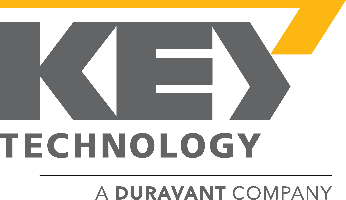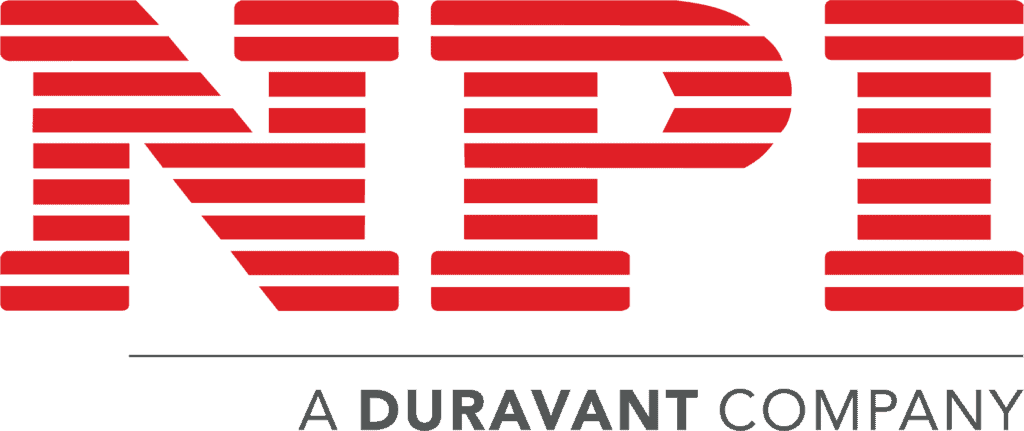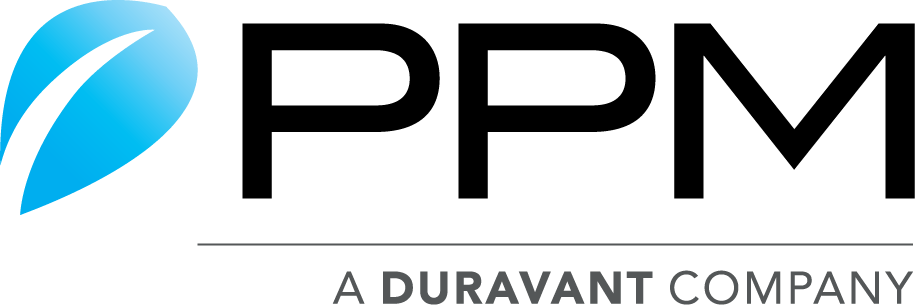The Duravant family of operating companies serve the food processing, packaging and material handling segments.
Overcome Labor Shortages with Automation
04/12/2023
Labor shortages are a significant challenge for companies in the manufacturing industry. The manufacturer must overcome a number of current conditions that make building and maintaining an effective workforce an immense task.
One of the main causes of labor shortages in manufacturing is the difficulty of finding qualified workers. The manufacturing industry requires skilled workers who possess a variety of technical skills, such as machine operation, maintenance, and programming. However, the education and training system often fails to provide enough qualified candidates to meet the industry's demands.
High labor costs are another significant factor contributing to labor shortages in manufacturing. As mentioned previously, manufacturing jobs require specialized skills, which command higher wages. Additionally, the cost of providing benefits such as healthcare and retirement plans can be a significant burden on manufacturers, especially small and medium-sized enterprises.
Intense competition for labor also contributes to labor shortages in manufacturing. As companies compete to attract and retain qualified workers, they offer higher wages and better benefits, which can become unsustainable in the long term. This leads to a situation where manufacturers are forced to operate at a reduced capacity due to a lack of workers.
The harsh work environments often present in manufacturing also contribute to labor shortages. Many manufacturing jobs require workers to work long hours in uncomfortable and dangerous conditions, which can lead to injuries and health issues. This can make it difficult to attract and retain workers, especially as other industries offer more comfortable and safer working conditions. In addition, many young people are not interested in pursuing a career in manufacturing, as they view it as dirty, dangerous, and repetitive work.
Many of the above labor shortage problems can be solved with the adoption of an automated production line. nVenia can help you redesign your production line for maximum efficiency throughout the manufacturing process.
By implementing automated production lines, manufacturers can produce goods faster, more efficiently, and at a lower cost. Automation can also lead to higher-quality products, as machines can perform tasks with greater precision and consistency than human workers, giving the manufacturer a competitive edge in an increasingly globalized economy.
Automation can help to reduce labor costs over time because machines do not require wages or benefits. Automated production lines can greatly lessen the need to recruit additional or replacement workers and, by reducing the number of injuries caused by manual labor, avoid potential workers' compensation claims. Automated production lines can operate 24 hours a day, 7 days a week, without additional overtime expense, increasing productivity and profitability.
Overcoming the difficulties of maintaining an effective workforce despite all of the factors contributing to the current labor shortage can provide a huge competitive advantage for a business. Please contact nVenia today and our experts will develop a custom-engineered automated production solution for you that will provide increased speed, improved quality, lower labor costs, and reduced workplace injuries.









